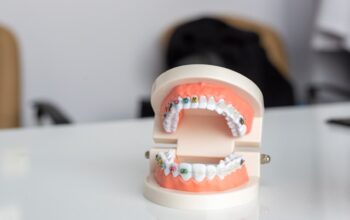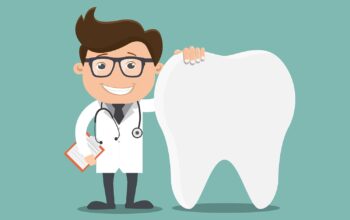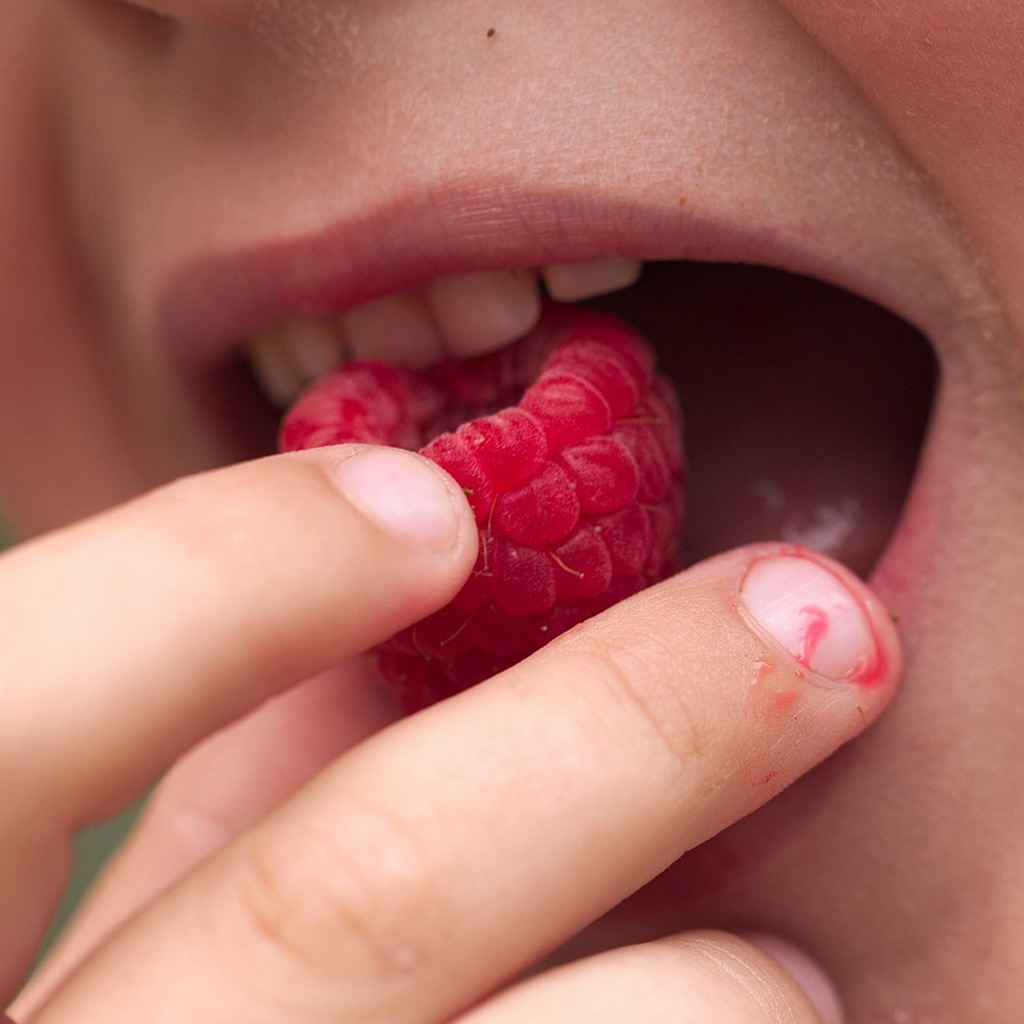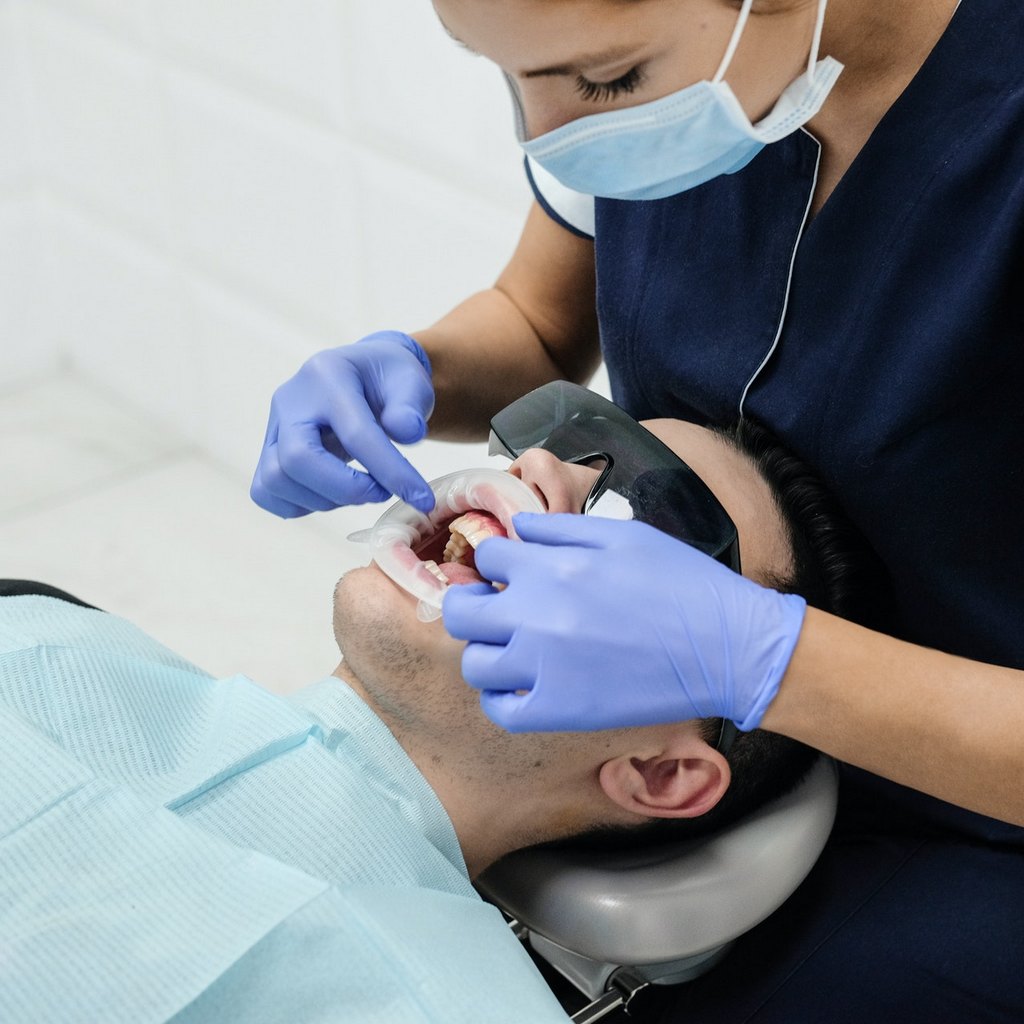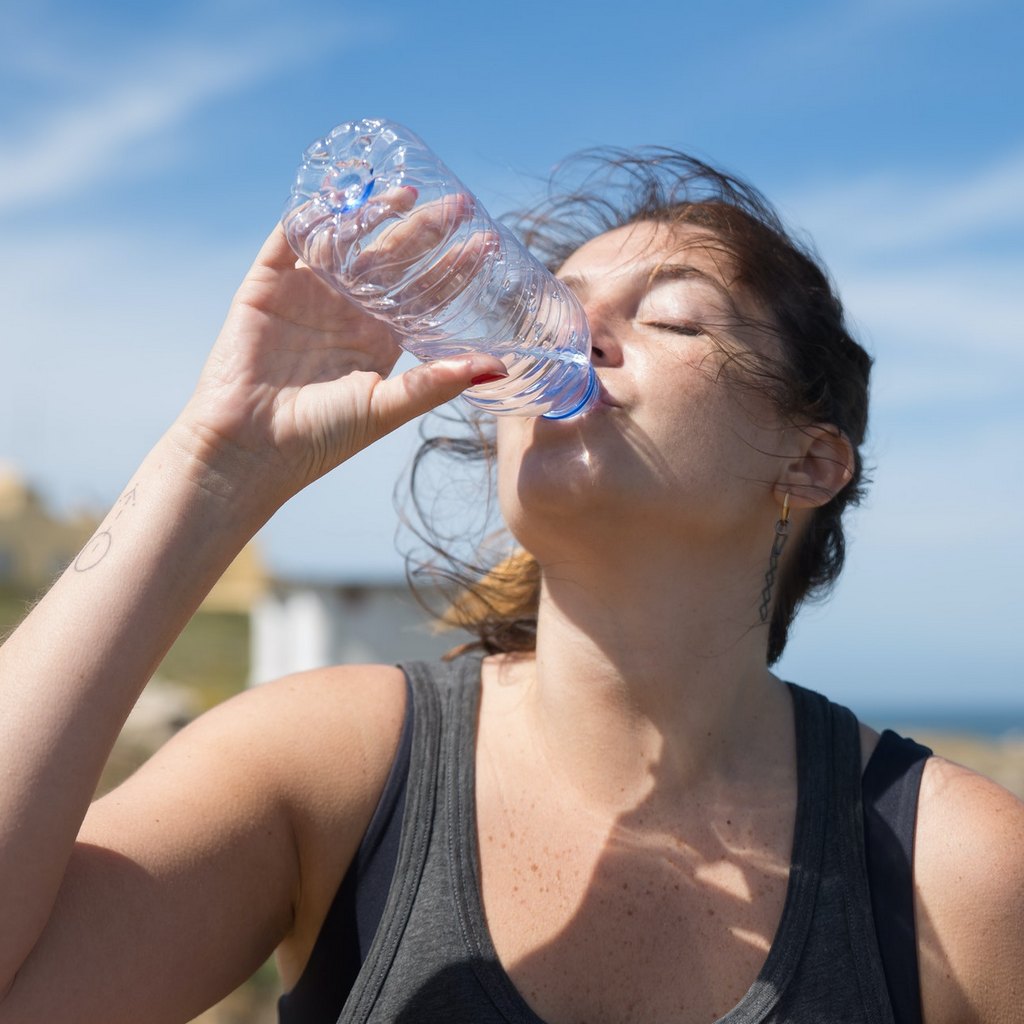Maintaining good dental health is essential for several reasons. First, you must maintain good oral hygiene and prevent problems such as abscesses, gum disease, and tooth loss.
Taking care of them improves a person’s physical appearance and social interaction with people around the person. This guide will help you avoid common dental problems and promote preventative care and healthy teeth. Read on to get informed on the best practices for maintaining good dental health.
1. Brush Twice a Day
Brushing your teeth is one of the best ways to maintain good dental health, and it’s something that you can do at home on your own time. Brush for at least two minutes, and ensure you spend equal time on both sides of your mouth. It helps prevent cavities, fights gum disease, and keeps your breath fresh.
Also, remember to brush your tongue, too—it can collect bacteria and food debris more than other parts of your mouth!
2. Floss Daily
Flossing removes food and plaque from between your teeth, where toothbrush bristles can’t reach. If you don’t floss, food particles can harden into tartar, leading to gum disease, cavities, and tooth loss.
The best way to floss is by using an 18-inch length with a small amount of waxed string at each end. The waxed string helps the floss slide between teeth more and prevents it from breaking or fraying.
3. Use a Mouthwash
Mouthwashes kill the germs and bacteria that cause bad breath, so you can keep your mouth smelling fresh all day long. Also, it removes and prevents the buildup of plaque and tartar by rinsing away food particles and germs.
Using mouthwash with fluoride whenever possible is essential, as this will protect against tooth decay and gum disease. If you have questions about which type of mouthwash would be best for you, talk to your dentist or pharmacist before purchasing one!
4. Get Regular Dental Checkups
It’s essential to get regular dental checkups, regardless of whether you have any issues with your teeth. As a result, you avoid serious dental problems that are difficult and expensive to fix if they arise sooner rather than later. It would help if you also let your dentist know about any medications you’re taking or medical conditions you have.
5. Eat a Healthy Diet
Dietary choices can significantly impact oral health, so choosing foods that promote good oral hygiene and healthy gums is essential.
To maintain good dental health, eat plenty of fruits and vegetables, whole grains and beans, nuts, and seeds (raw or unsalted). The vitamins and minerals in these foods strengthen your teeth, prevent tooth decay, and maintain healthy gums.
Aside from eating nutritious foods, it makes you avoid sugary drinks such as soda pop and other carbonated beverages. Instead, drink fluoride-infused water or sugar-free juices. You should also consume acidic foods in moderation. For instance, if you consume, tomatoes, oranges, lemons, and grapefruit can damage your teeth.
6. Don’t Smoke or Chew Tobacco
Smoking is one of the most common causes of tooth decay and gum disease. The chemicals and tar in tobacco can damage your teeth, gums, and oral tissues. Making them more prone to develop tooth decay and gum disease. Second-hand smoke contains nicotine and other harmful chemicals, so you are still at risk of second-hand smoke.
If you currently smoke or chew tobacco products, quitting is the best way to protect your teeth from further damage. Talk to your dentist or physician if you have questions about quitting smoking or chewing tobacco.
7. Replace Your Toothbrush Regularly
Toothbrushes wear out after three months of use. After that, bacteria can build up on the bristles and cause gum disease and other problems. Every time you replace your toothbrush, throw out the old one and get a new one with soft bristles. To ensure your toothbrush stays clean, wash it after each use, more so if you have braces or wear dentures.
8. Protect Your Teeth From Injury
It’s essential to protect your teeth from injury. That’s because teeth are sensitive to pain, and even minor injuries can lead to severe problems if they aren’t treated right away.
Here are some tips for protecting your teeth:
- Don’t chew on hard items like ice cubes or pens. These can cause damage to the enamel of your teeth, making them more susceptible to decay and disease.
- Be careful when chewing gum. Chewing on complex objects can also cause gum damage, so ensure you’re only chewing on soft foods while chewing gum.
- Avoid using your teeth as tools by opening packages with them or using them as pincers or levers in any way that might cause harm.

Promote Good Dental Health!
The best way to avoid dental problems is to learn how to take care of the teeth you have. It all comes down to good oral hygiene—and plenty of it. For example, this means brushing twice daily and flossing once or even twice daily. Use a soft-bristled toothbrush, and don’t forget the tongue—this can be an overlooked area for plaque buildup. Floss at least once daily, and use a fluoride mouthwash if you are prone to getting cavities.


